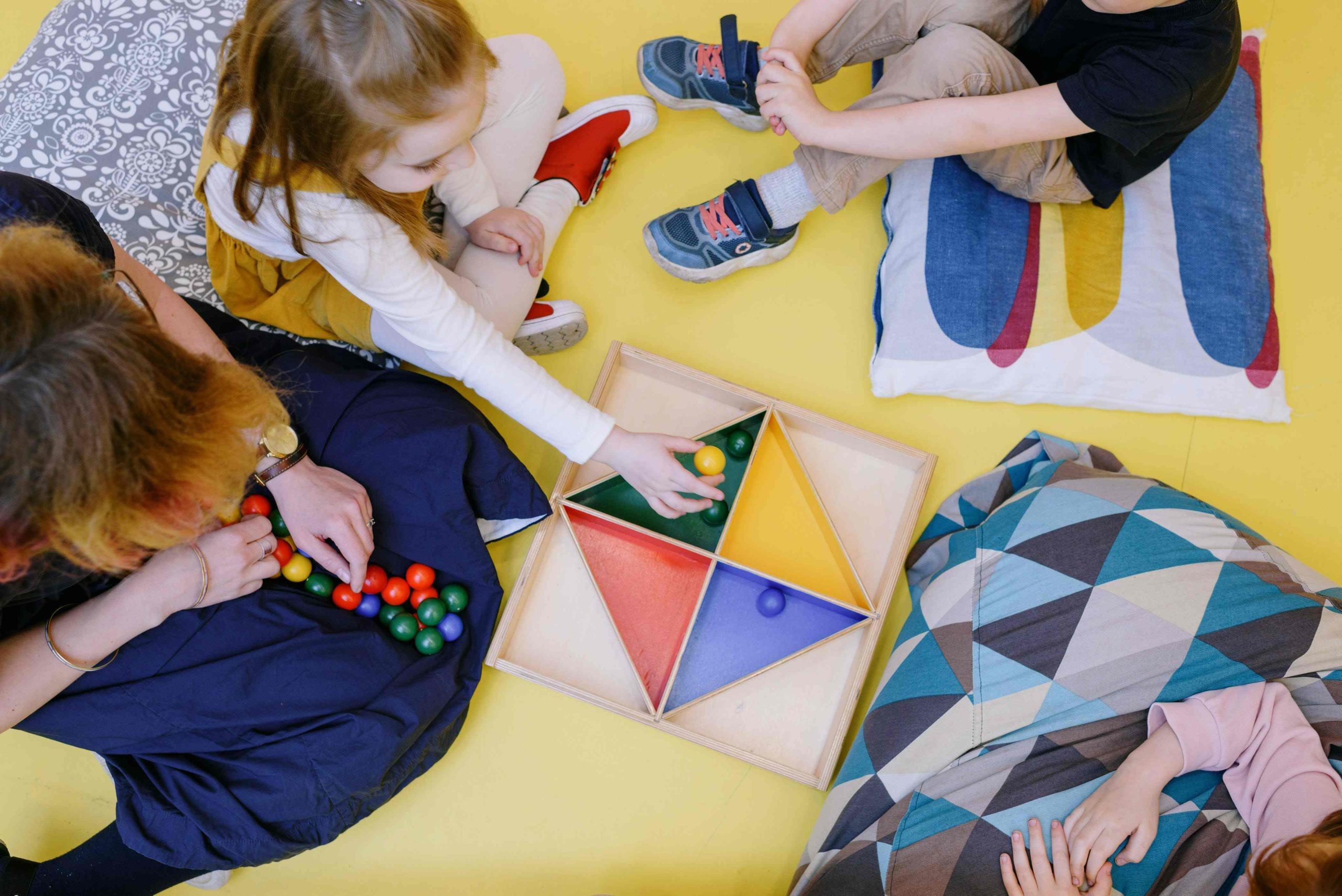
Preschool Learning Plans: Enhancing Early Education for Future Success
As parents, we all aspire to nurture confident, successful, and independent individuals in our preschoolers. A pivotal tool in achieving this aspiration is a well-structured preschool learning plan. These plans serve as guiding pathways for your child’s educational journey, laying the groundwork for vital skills crucial to their academic and social triumphs. In this article, we delve into the significance of preschool learning plans, highlighting their pivotal role in shaping your preschooler’s future.
Understanding Preschool Learning Plans
A preschool learning plan serves as a comprehensive blueprint, delineating the learning objectives and goals tailored to your preschooler’s developmental stage. It encompasses a diverse array of subjects ranging from literacy and numeracy to social and creative development. This structured approach not only facilitates organized learning but also fosters a holistic educational experience.
Advantages of Preschool Learning Plans
Structured Learning Environment
Central to the effectiveness of a preschool learning plan is its provision of a structured learning environment. Preschoolers thrive in structured settings, benefiting from routines that aid their comprehension and retention of knowledge. Moreover, a structured approach ensures a well-rounded educational experience, covering a spectrum of essential skills.
Development of Foundational Skills
Preschool learning plans are meticulously designed to cultivate foundational skills pivotal throughout a child’s life. These skills encompass literacy, numeracy, social adeptness, physical development, and creative expression. By fortifying these foundational pillars, preschool learning plans pave the way for future academic and social successes.
Seamless Transition to Primary School
A well-crafted preschool learning plan plays a vital role in preparing your child for the transition to primary school. By instilling a structured learning approach and honing foundational skills, these plans equip your child with the confidence and capabilities essential for excelling in their academic endeavors.
Progress Tracking and Intervention
Furthermore, preschool learning plans serve as effective tools for tracking your child’s progress and identifying areas warranting additional support. Regular assessments and evaluations aligned with the learning plan enable targeted interventions, ensuring your child receives tailored assistance where needed.
Cultivating a Foundation for Lifelong Learning
Preschool learning plans contribute significantly to fostering a love for learning, encouraging independent inquiry, and nurturing essential life skills. By instilling a positive attitude towards learning and providing opportunities for exploration and critical thinking, these plans lay a robust foundation for future academic achievements.
Crafting an Effective Preschool Learning Plan
Setting Clear Learning Goals
The initial step entails setting clear, measurable learning goals tailored to your child’s developmental stage. These goals should encompass a diverse range of subjects and skills to ensure a comprehensive educational journey.
Curating Engaging Learning Activities
Once learning goals are established, curate a range of engaging and age-appropriate learning activities. These activities should foster curiosity, creativity, and critical thinking while aligning with the defined learning objectives.
Tracking Progress and Adaptation
Regularly track your child’s progress against the established learning goals and activities outlined in the preschool learning plan. This tracking facilitates adaptive measures, allowing for adjustments to optimize your child’s learning experience.
Encouraging Parental Involvement
Lastly, foster a strong partnership between parents and educators by encouraging active parental involvement. Regular communication and collaboration ensure alignment in supporting your child’s educational and developmental needs.
Embracing a Balanced Approach
In crafting a preschool learning plan, emphasize a balanced approach that encompasses academic, social, emotional, and physical development. Incorporate activities that promote holistic growth, fostering well-rounded individuals poised for future successes.
Conclusion
In conclusion, preschool learning plans play a pivotal role in shaping the educational journey of your child. From providing structured learning environments to fostering foundational skills and encouraging lifelong learning, these plans are instrumental in laying the groundwork for future academic and social triumphs. Embracing a structured, balanced, and engaging approach ensures your child receives a holistic educational experience conducive to their overall growth and success.


